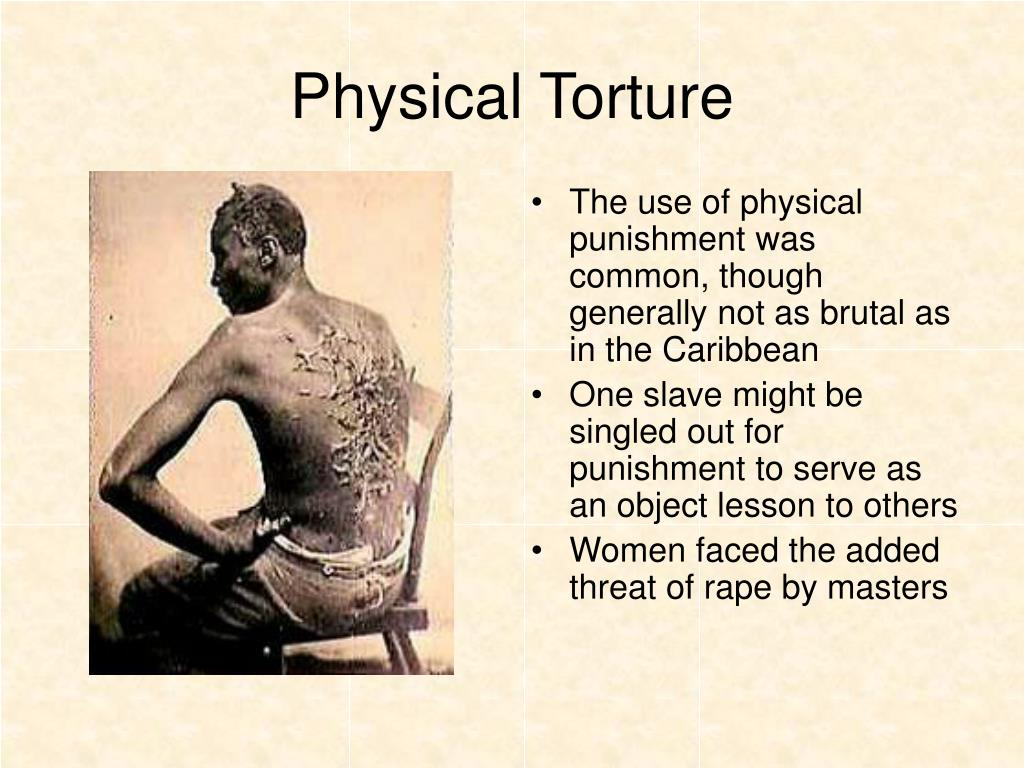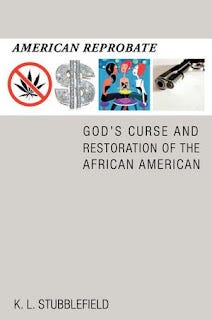TORMENT
" I don't want to leave you; I don't want you to die, not yet! I just want to make you miserable FOREVER"!
The evil that exists in our world, the atrocities, the fear of death, the dystopic culture. All come from Satan and his Host. He does not delight in your death alone, nor does his imps, or deluded followers.
The blogs, the conspiracy theorists may be well meaning in their warnings of impending calamities ahead and this is a good thing for the most part. However, there is a dark side to all this over saturation of reported injustices it makes the heart cold and hard. It makes the countenance sad. You no longer have the childlike spirit of love and humility that is vital in receiving God's gift of faith and repentance. You began to look at your personal and environmental circumstances and you become depressed and discouraged. This is what the enemy wants you to become. Because he knows that without faith it is impossible to please God. So, killing you quickly is not always in the devil's best interest. He wants you to simmer in the cauldron of iniquity. Slowly, imperceptibly, like the frog in the boiling pot, but much worse. He wants to convert and transform you into a demon. If he had the power, he would take you to the depths of infinite despair and terror and pain all at the same time. Where you would beg for death as a release yet death itself would flee. This time is prophesied in revelation.
Revelation 9:3-6 (KJV)
3[And there came out of the smoke locusts upon the earth: and unto them was given power, as the scorpions of the earth have power.]
4[And it was commanded them that they should not hurt the grass of the earth, neither any green thing, neither any tree; but only those men which have not the seal of God in their foreheads.]
5[And to them it was given that they should not kill them, but that they should be tormented five months: and their torment ] was[ as the torment of a scorpion, when he striketh a man.]
6And in those days shall men seek death, and shall not find it; and shall desire to die, and death shall flee from them.
They deep down on the subconscious level of their spirit HATE LOVE! And all the other fruits of the holy spirit which are mentioned in Galatians 5:22-26
Galatians 5:22-26 (KJV)
22But the fruit of the Spirit is love, joy, peace, longsuffering, gentleness, goodness, faith,
23[Meekness, temperance: against such there is no law.]
24[And they that are Christ's have crucified the flesh with the affections and lusts.]
25[If we live in the Spirit, let us also walk in the Spirit.]
26[Let us not be desirous of vain glory, provoking one another, envying one another.]
The paradox for these types however is they are drawn too those qualities like a heat seeking missile is drawn to it's target. They have an innate instinct, a six sense on who possesses these fruits and the hone in and seek to control it, pervert it and feed of the energy generated in the person whom it has attached him or herself to. They are driven almost exclusively by THE FLESH and their fruits are mentioned in Galatians 5:19-21
Galatians 5:19-21 (KJV)
19[Now the works of the flesh are manifest, which are ] these[; Adultery, fornication, uncleanness, lasciviousness,]
20[Idolatry, witchcraft, hatred, variance, emulations, wrath, strife, seditions, heresies,]
21[Envyings, murders, drunkenness, revellings, and such like: of the which I tell you before, as I have also told ] you[ in time past, that they which do such things shall not inherit the kingdom of God.]
We all have varying degrees of these evil traits warring in our members. It is like weeds in our spiritual Garden that must be allowed by, our choice to be rooted out by THE GREAT HUSBANDMAN. We must cooperate with him through prayer, fasting, and continued submission to HIS WILL so that our spiritual garden will be a delight to others and glorify our Maker.
The tormentor is responsible for creating the opposite effect in our spiritual garden. He is the one that plants the weeds , the spiritual tares in our being and if we don't resist him through the power of Christ's blood . Than those weeds grow up and become trees which are our besetting sins that trough our disobedience and unbelief we allowed the enemy to cultivate in our soul. This is why the tormentor is not always seeking your immediate death. He wants to cultivate the fruits of sin and iniquity in your spiritual garden that you may reflect the image of hell. That you will be " of your father the devil " .
Satan wants everything God has. Except his love and virtue , that he wants to overrun with iniquity like a flood and he needs tormentors to help him do that. It is important for us , the saints of THE MOST HIGH, to recognize the severity of. torment and those who desire to inflict it.
TO ORDER STAYING HUMAN OR AMERICAN REPROBATE YOU CAN GO TO MY WEBSITE.
HOME - Staying Human (klstubblefield.com)
Amazon.com : staying human k. l. stubblefield
CASHAPP DONATIONS ARE APPRECIATED: $bigstub
Big Stub Creations COMING ATTRACTIONS
K.L. STUBBLEFIELD IS THE AUTHOR OF THE BOOK "AMERICAN REPROBATE: GOD'S CURSE AND RESTORATION OF THE AFRICAN AMERICAN.
You can order my book on
http://www.amazon.com/gp/reader/1466900237/ref=sib_dp_pt#reader_1466900237
http://www.barnesandnoble.com/c/k.-l.-stubblefield
http://www.booksamillion.com/p/American-Reprobate/K-L-Stubblefield/9781466900233







Comments
Post a Comment